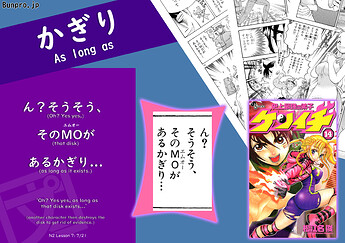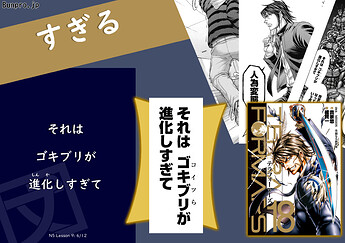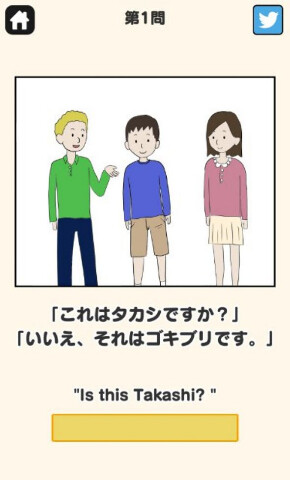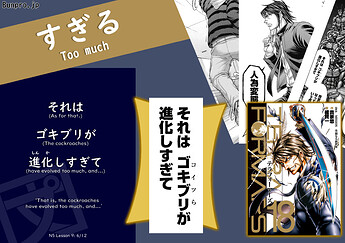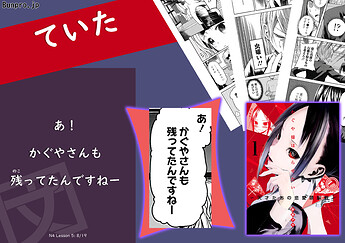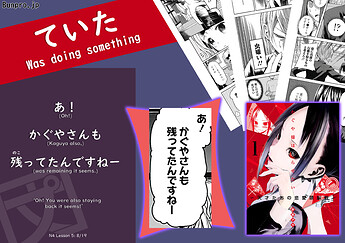The basic premise of this series is that humans sent genetically modified cockroaches to Mars as part of a terraforming project. The cockroaches had evolved to a point of taking on a humanoid form, being able to use tools, acquired external DNA, ect. Then it quickly turned into everyone’s favorite shounen animal fact of the week superpower battle between the two races. It was… eh… … there was a lot of not so great discussion regarding various elements including the meme tier censorship of the anime.
Now that you’ve pointed it out, I don’t think I’ve ever noticed a different word written out like that. Is that common?
edit regarding the the ゴキブリ side text
Regarding the コイツら, what about this point? ~ら It says it applies to pronouns, which should include こいつ. Something along the lines of “This thing and it’s buddies…” or just “They…”? I kind of made that assumption because the picture had all the roaches in the background, but this would solidify it.


